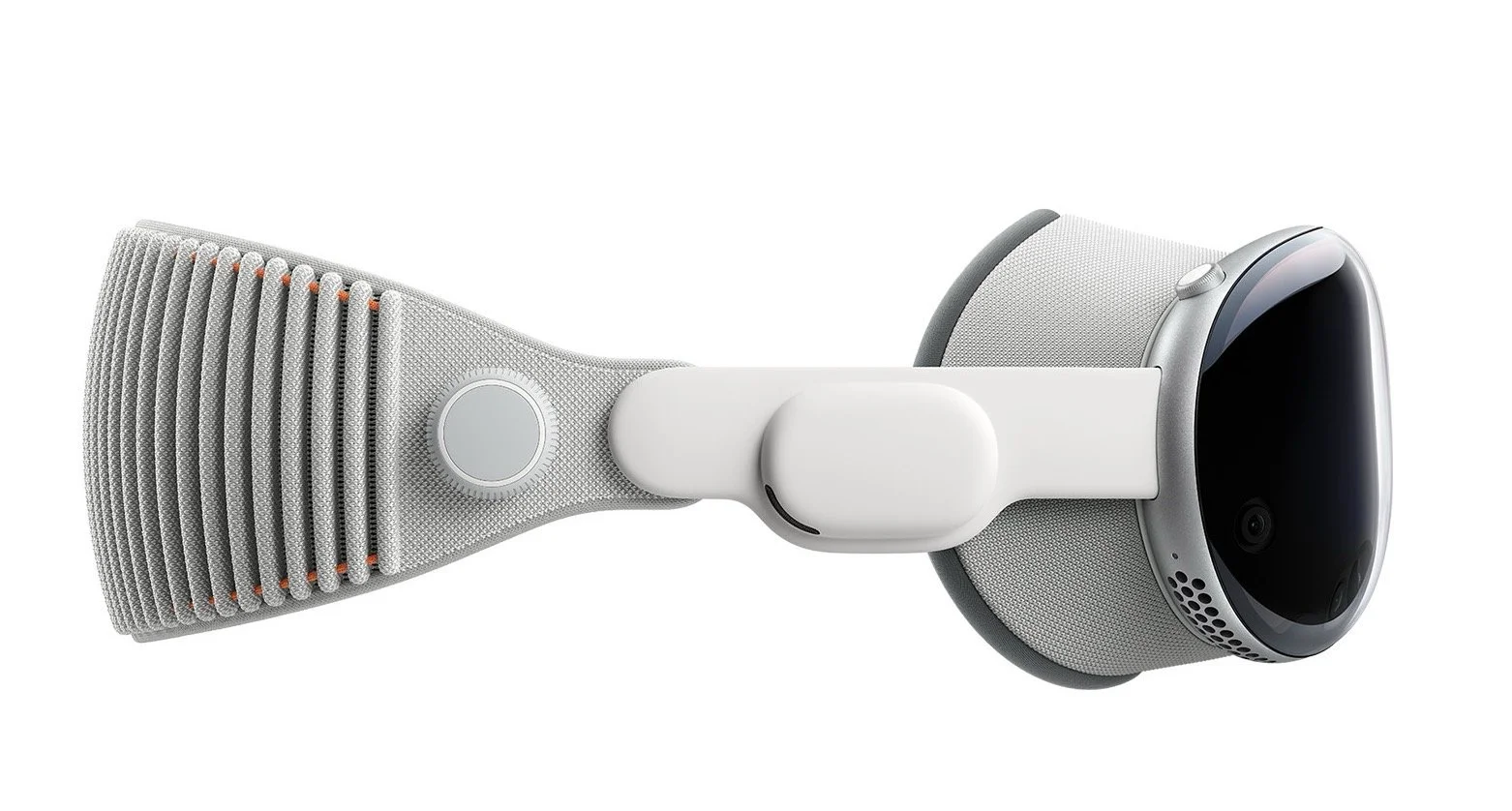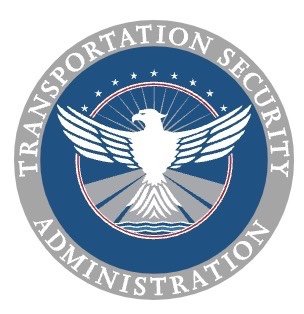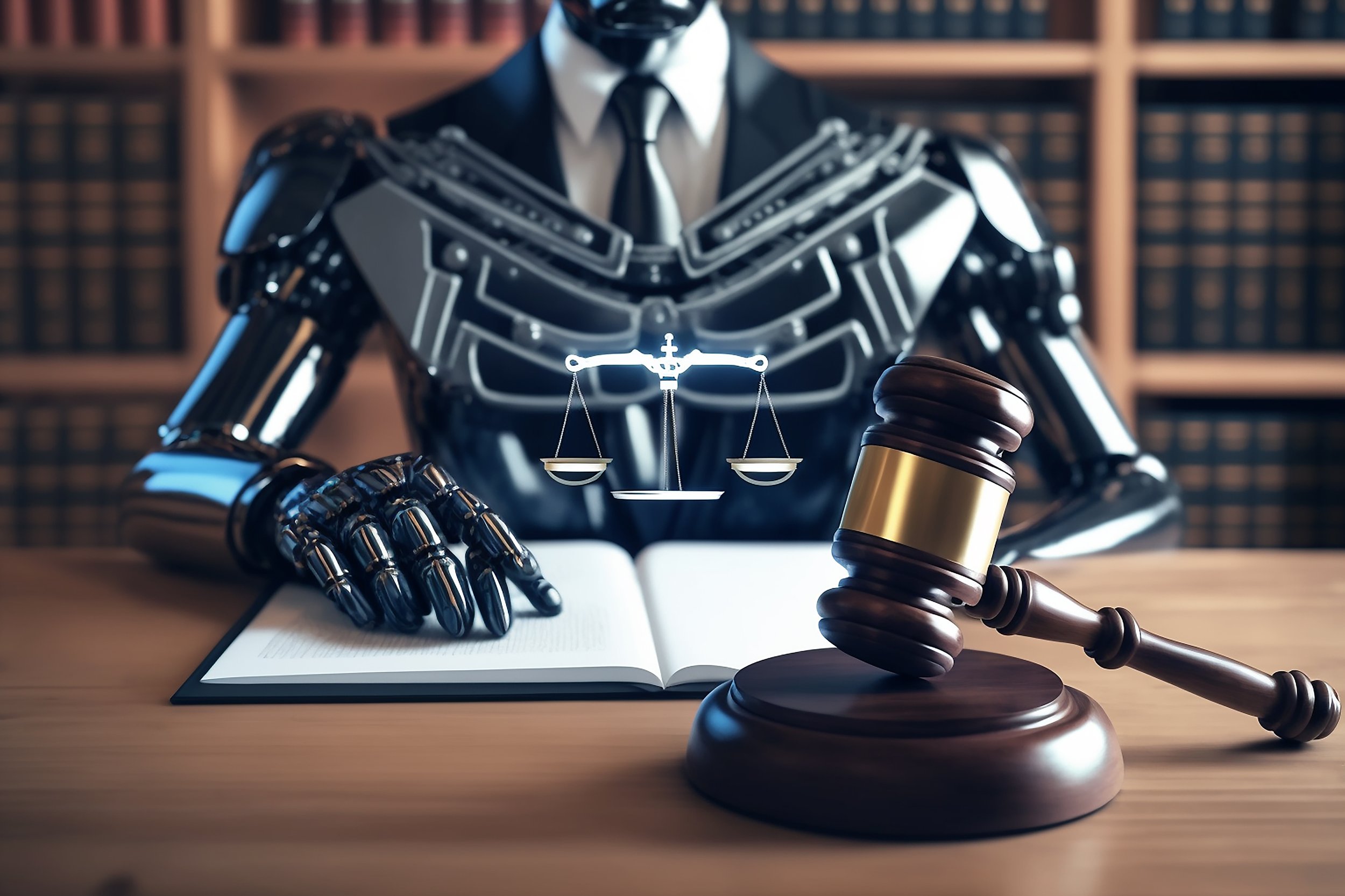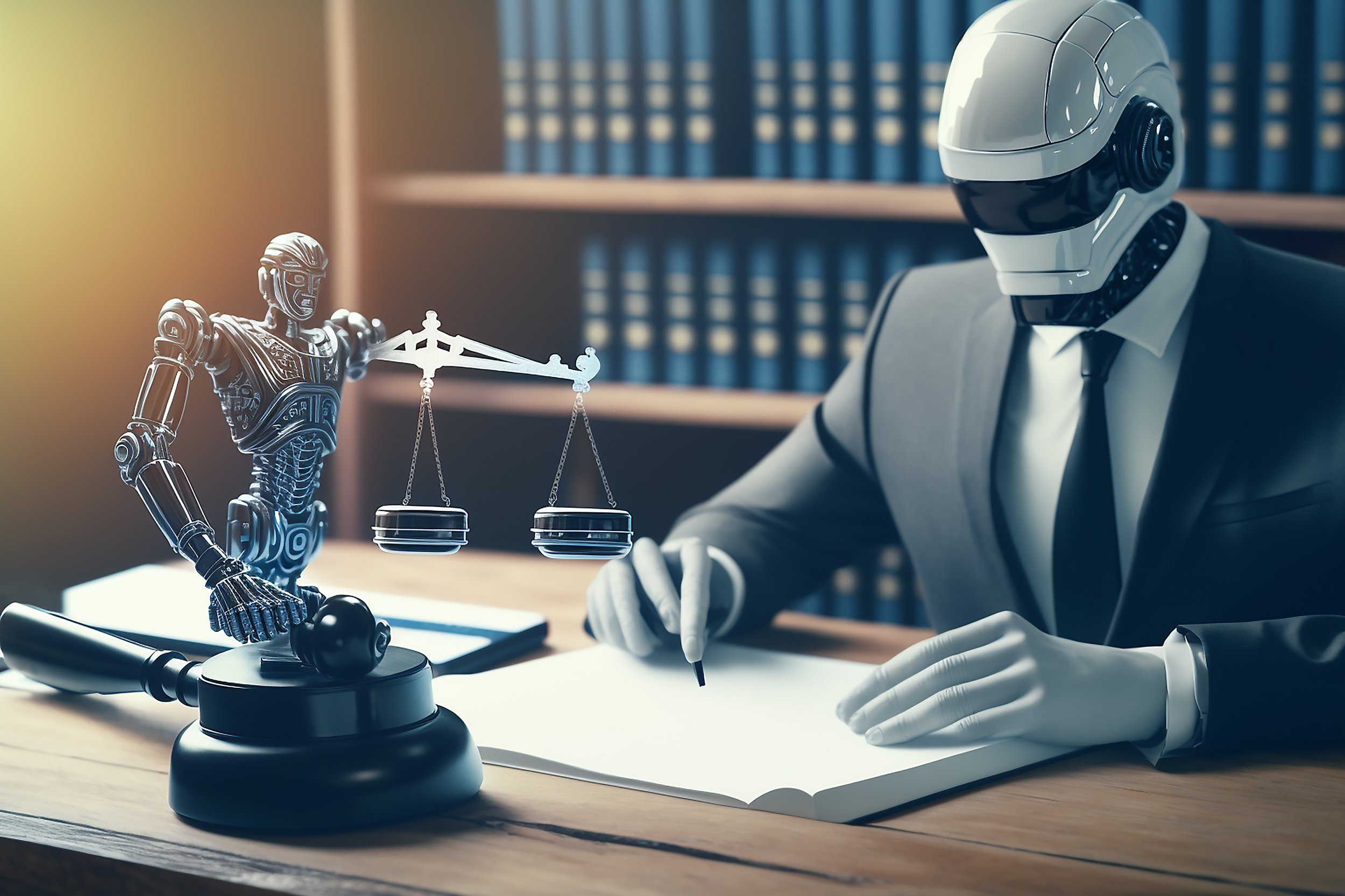SHOUT OUT! Discover The Future Of Lawyering: Join The Tech Savvy Lawyer At The 2024 ABA Techshow In Chicago
/Come out to the ABA Techshow 2024 in Chicago, IL from February 14-19. Here, you'll learn new technology being utilized in the practice of law. As the legal profession has witnessed a remarkable evolution for the marriage of law and technology, lawyers need to keep up to date on these rapid advancements in technology. The ABA TECHSHOW 2024 offers a comprehensive schedule that spans several days, focusing on the intersection of technology and the legal profession both from a functional and ethical perspective.
Please say hello if you see me at the conference!
From the "Start-Up Pitch Competition" of 15 startups who " ... will face off in a pitch competition – judged by TECHSHOW attendees – to pick the most innovative startup for the year," to previous podcast guests talking about subjects near and dear to them including - Brett Burney (Winning Trial with TrialPad), Daniel Siegle (Using PDFs and Adobe Acrobat in Your Law Office), Judge (retired) Herbert B. Dixon, Jr. (Artificial Intelligence (AI) powered Large Language Model (LLM) technology - Disruption of the Legal Profession Has Just Begun), Nicole Black (Small Firms, Big Impact: Tech-Inspired Marketing Strategies for Modern Law Practices), Tom Martin (.AI, Legal Tech Investment and Regulation) and more, there will be much to learn! There will be plenty of discussions on the on the ethical application of AI in legal practices. Additionally, the vendor floor will be bustling with numerous legal-tech companies, eager to engage in conversations and showcase their latest innovations.




























